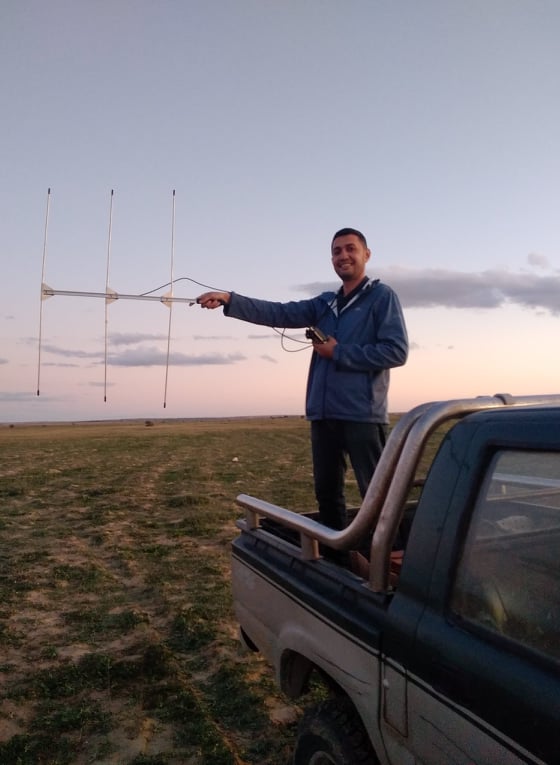Africa is home to over 80 species of small carnivores, and that most of them have not been studied thoroughly, or not studied at all, there is clearly a huge gap in our knowledge of small carnivores in particular, and ecosystem functioning in general. Hence, the launching of a first scientific study on the distribution, biology, ecology, behaviour and conservation of Libyan Striped Weasel in Africa, and more specifically in Tunisia, will certainly contribute toward filling a part, albeit small, of this gap, as well as enrich our general knowledge on African biodiversity.
According to Hayder and Do Linh San (in preparation), there is a decrease in both the occupancy and population size of Libyan Striped Weasels in Tunisia (as inferred from interviews of elderly local people and confirmation with field data), because the Libyan Striped Weasel is targeted by poachers and used commercially due to its medical virtues, and suffers from habitat loss and other threats. Therefore, studying the spatial and temporal dynamics of habitat use by species in semi-nature landscapes is a crucial first step towards conserving those species, since it allows us to understand their behaviour and ecological requirements, as well as determine their possible interactions with humans (conflicts and persecutions). Therefore, the present study will provide relevant information to develop effective conservation management plans for the Libyan Striped Weasel in North Africa.
LinkedIn | ResearchGate | Twitter



